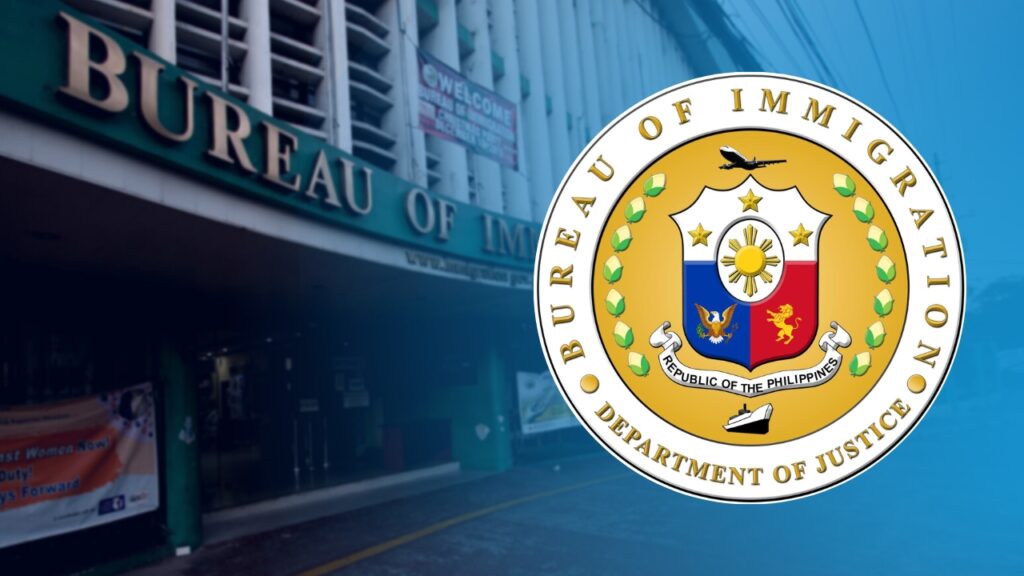The Philippines is one of Asia’s fastest-growing outsourcing and offshore staffing hubs. Its large, English-speaking, tech-savvy workforce and competitive labor costs make it attractive for foreign companies. However, businesses looking to expand or build offshore teams must navigate the Philippine Labor Code to avoid penalties and labor disputes. Below, we’ll explain the most important rules every employer should know.
Overview of the Philippine Labor Code
The Labor Code, enacted in 1974 and enforced by the Department of Labor and Employment (DOLE), governs recruitment, working conditions, benefits, and labor relations.
For foreign companies, this means:
- The Code applies to all businesses operating in the Philippines, including subsidiaries and offshore staffing operations.
- Regular labor inspections are conducted, and violations can quickly result in penalties or suspension of operations.
- Amendments and advisories are issued frequently. Keeping track of updates is crucial when managing Filipino employees.
The most important rules under the Labor Code and its implementing regulations are listed below.
Wages, Hours, and Benefits
Employers must comply with strict wage and benefit rules that protect Filipino workers. These include:
- Minimum wage – varies by region and industry.
- Overtime pay – 25% above the hourly rate for work beyond 8 hours.
- Night shift differential – 10% extra for work between 10 PM and 6 AM.
- Holiday pay – employees receive double pay for work on regular holidays, and their usual full pay if they do not work.
- 13th-month pay – mandatory for all rank-and-file employees.
- Leave benefits – employees are entitled to various leave benefits, including maternity leave (105 days with option for extension), paternity leave (7 days), service incentive leave (5 days), and others.
Work is limited to 8 hours per day or 48 hours per week, with one rest day per week. For foreign companies, this means ensuring payroll systems are set up correctly to meet local standards.
Employee Classification and Rights
Employee classification is one of the most important areas of compliance. The law recognizes:
- Regular employees – Hired for work essential to the business and are entitled to the full range of benefits under the law, including security of tenure, 13th-month pay, service incentive leave, and mandatory government contributions (SSS, PhilHealth, Pag-IBIG). Termination can only occur for just or authorized causes with due process.
- Probationary employees – Placed on trial for up to six months to determine fitness for regular employment. During this period, they are still entitled to minimum wage, 13th-month pay, government contributions, and applicable leaves once they qualify by length of service. If they pass, they become regular employees with full benefits.
- Project or seasonal employees – Hired for specific projects, seasons, or peak periods. They are entitled to wages, government contributions, and benefits during their employment term, but their tenure ends automatically once the project or season is completed. If rehired repeatedly for the same tasks, DOLE may consider them as regular employees.
- Casual employees – Engaged in work that is not usually necessary for the company’s operations. They receive standard benefits such as minimum wage, 13th-month pay, and government contributions. However, if they work continuously for at least one year (whether broken or not), they may also acquire regular employee status.
Misclassifying workers, such as labeling regular employees as contractors, is a common and costly violation.
Filipino employees also enjoy strong protections, including:
- Equal opportunity and non-discrimination.
- Safe and healthy working conditions.
- The right to unionize and engage in collective bargaining.
Foreign employers must be especially mindful of these rights, as labor disputes can delay projects or harm reputation.
Termination and Separation Rules
The Labor Code sets strict rules on employee termination. Grounds for dismissal include:
- Just causes – serious misconduct, fraud, willful disobedience, or gross neglect.
- Authorized causes – redundancy, retrenchment, or closure of operations.
Employers must also:
- Provide written notice to both the employee and DOLE.
- Pay separation pay when required.
- Ensure due process to avoid illegal dismissal claims.
Mishandling termination can lead not only to legal liability but also to negative press that damages employer branding.
Mandatory Contributions and Compliance
Employers are legally required to remit monthly contributions for employees:
- SSS (Social Security System) – retirement and disability.
- PhilHealth – healthcare coverage.
- Pag-IBIG Fund – housing and savings benefits.
Failure to remit these contributions is one of the most common compliance issues. Make sure that your payroll system consistently and accurately manages government-mandated contributions.
Common Violations and Penalties
Foreign companies unfamiliar with Philippine labor law often fall into these traps:
- Underpayment of wages or failure to comply with overtime rules.
- Misclassification of long-term employees as independent contractors.
- Not providing leave entitlements or rest days.
- Mishandling employee termination.
- Late or missing government contribution remittances.
Penalties include:
- Heavy fines and surcharges.
- Suspension of operations or loss of business permits.
- In severe cases, criminal charges.
OutTask as Your Employer of Record (EOR)
Foreign businesses may find navigating the Philippine Labor Code challenging. Thankfully, Out Task can act as your Employer of Record (EOR). We can legally hire employees on your behalf while ensuring full compliance with local labor laws.
Our professional services include:
- Employer of Record (being the employer on your behalf, so that all compliance requirements will be our responsibility)
- Payroll Management
- HR Services
- Training and Equipment Procurement
- Job Analysis and Candidate Vetting
- Compliance and Benefits Management
Final Thoughts
All businesses operating in the Philippines must comply with the Labor Code, including foreign companies managing offshore teams.
Stay compliant by:
- Providing fair wages and statutory benefits
- Managing payroll accurately, including taxes and government contributions
- Keeping up with updates to local labor regulations
- Implementing clear and equitable workplace policies
OutTask can serve as your Employer of Record (EOR), helping you grow your offshore teams while managing labor compliance on your behalf.
Are You Looking to Hire the Best Filipino Professionals? OutTask Can Grow Your Team and Handle Labor Law Compliance for You
The Philippines offers an English-fluent workforce that is highly educated, tech-savvy, and cost-effective. OutTask can serve as your Employer of Record (EOR), helping you recruit top-tier Filipino talent while handling the complexities of HR, payroll, and local compliance.
Schedule a consultation with one of our experts:



